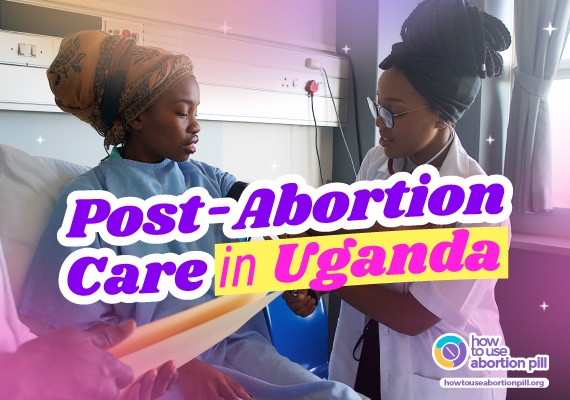Abortion is restricted in Uganda except when performed by a licensed medical provider in a situation where the woman’s life is at risk. There are many legal and socioeconomic barriers to safe abortion services in the country, which often results in abortion seekers using unsafe abortion methods and being deterred from seeking post-abortion medical care.
Scope of Abortion in Uganda
A study conducted by the Safe Abortion Action Fund between 2018 and 2021 showed that 60% of their 100,000 interviewees had used unsafe methods to end unwanted pregnancies. This outcome can be attributed to the restrictive nature of the law surrounding abortions. The Ugandan government has resisted creating an environment that supports the rights of women with abortion care needs.
The Penal Code Act (Cap 120) criminalises procuring abortion and aiding an abortion seeker to do so. The only legal way to induce an abortion is if the life of the pregnant person is at risk. The 2006 National Policy Guidelines and Service Standards for Sexual and Reproductive Health and Rights further specify that abortion is permitted in cases of fetal anomaly, rape, incest, or if the woman is HIV-positive. The criminalization of abortion impacts abortion seekers as much as health providers, as they are all at risk of being harassed, arrested, and subsequently imprisoned for assisting an abortion seeker. This leads to abortion seekers resorting to unsafe, self-induced methods or seeking support in unsafe environments, which come with risks such as incomplete abortions, perforation, sepsis, and death. This while a self-managed abortion with pills can be very safe, as long as there is access to accurate information and quality medications.
Despite the restricted abortion access, post-abortion care is legal and available in public and private health facilities across Uganda.
What is post-Abortion care?
According to the World Health Organization (WHO), post-abortion care includes optional follow-up, management of residual side effects or complications, and contraceptive services. If done with accurate information and the right medication, medical abortion complications are rare. However, rare complications can include incomplete abortion, haemorrhage, infection, uterine perforation, anaesthesia-related complications, and uterine rupture. Post-abortion care should always be available for abortion seekers, whether abortion is restricted in the area or not.
Post-Abortion care in Uganda
Uganda’s sexual and reproductive health guidelines provide for post-abortion care services.
In 2001, Uganda introduced a curriculum to support the training of doctors, nurses, and midwives for post-abortion complications, counselling, post-abortion family planning, uterine evacuation techniques, and the integration of post-abortion care into the services they provide.
Even with all these provisions in place, abortion seekers face multiple barriers when they seek post-abortion care. This is more evident in public health facilities, as most of the providers are already taking on work outside their defined roles and the facilities do not have adequate resources. For swift post-abortion services, people go to private facilities, which come at a cost that is not affordable for most people. Additionally, due to some providers not prioritising the post-abortion care curriculum, they are untrained to dispense these services. Some are also crippled by stigma and provider bias due to the religious nature of the country.
A study conducted among midwives and nurses in Uganda showed that even though post-abortion care is necessary, the providers face barriers when it comes to dispensing their services. Besides poor conditions in healthcare facilities, they share that they usually do not have the time to embark on the training because of their excessive workload.
In Uganda, there are also organisations that offer post-abortion care. For post abortion care information and support or for safe abortions that are legally allowed, you can contact Marie Stopes Uganda, Reproductive Health Uganda, Naguru Teenage Centre, and Inclusive Health Bureu.
